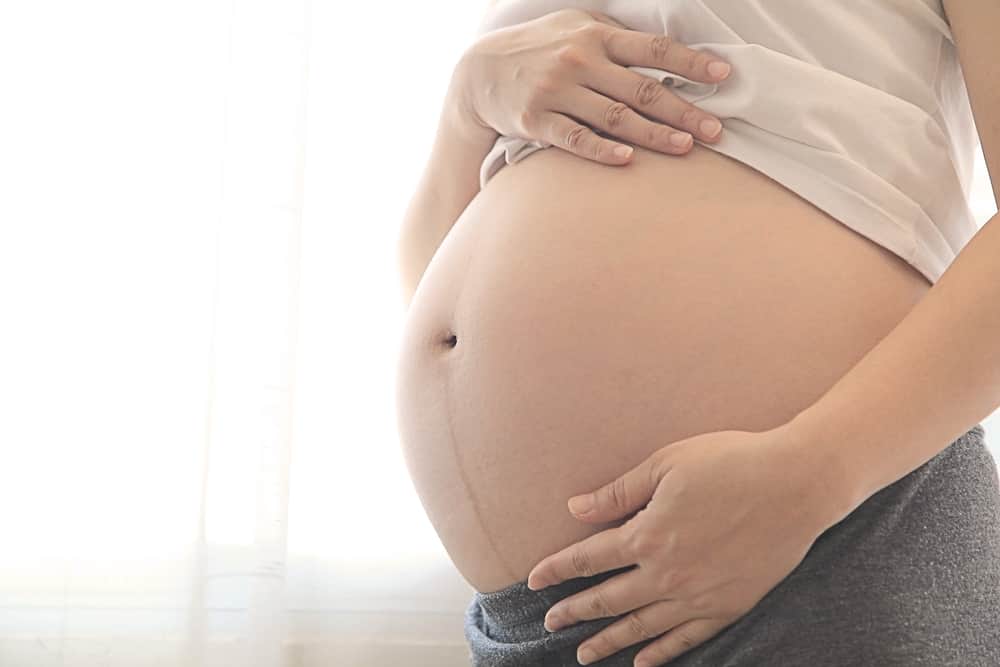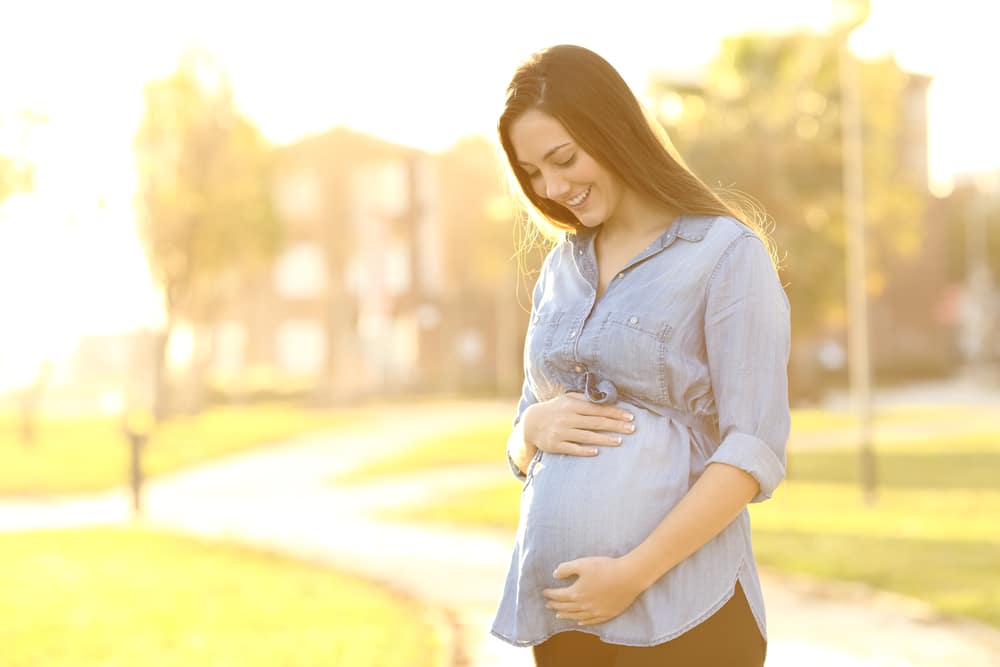Contents:
- Medical Video: Emergency Gallstone Surgery: Do You Need It, Or Can You Afford to Wait?
- The cause of gallstones recur after surgery
- Recurrent gallstones may be due to your eating menu. What should be avoided?
Medical Video: Emergency Gallstone Surgery: Do You Need It, Or Can You Afford to Wait?
It does not rule out gallstones can recur even after surgery to remove the gallbladder. The chance of this recurrence is recorded in up to 24 percent of patients who have had surgery in the first 15 years since their first gallstones. What causes gallstones to recur, even though you have been operated on?
The cause of gallstones recur after surgery
Gallstones themselves are bile that crystallizes and solidifies like a pebble in the gallbladder. The main content of gallstones is cholesterol. Gallstones cause problems when these gravels clog one of the channels that carry bile from the liver or gallbladder to the small intestine.
After the gallbladder is removed through surgery, gallstones will no longer be able to form in the bag - because the "container" is gone. But in some cases, gallstones can still form in other structures along the main bile duct.
There are several reasons why gallstones recur after the gallbladder is removed, including:
- Genetics. The appearance or recurrence of gallstones is more likely to occur if there is a history of heredity in your family. Gallstones are also more likely to occur in women and the elderly.
- Weight. Obesity can increase cholesterol levels, making it harder for the liver to drain excess cholesterol in the body.
- Diabetes. People who have diabetes tend to have high triglyceride levels, which are risk factors for gallstones.
- Certain lifestyle and medicine. If you go on a diet too hard so your weight drops dramatically, your liver produces extra cholesterol which can cause gallstones.
- Are consuming certain drugs. Taking cholesterol-lowering drugs can also be a cause of relapsing gallstones. Because the side effects of some of these drugs increase the amount of cholesterol in the bile, increasing the chances of your gallstones returning again.
In addition to the various reasons mentioned above, during the procedure for removal, gallstones may escape from the gallbladder into the tube of the main bile duct or other bile duct These "stray" gallstones and clogging can then cause pain and other complaints similar to the symptoms of the predecessor gallstones - even after the gallbladder is removed. Even so, the chance of recurring gallstones from this scenario is quite low.
Recurrent gallstones may be due to your eating menu. What should be avoided?
The most common gallstones are formed from excess cholesterol in bile. To prevent pain associated with gallstones, many doctors and health practitioners recommend changing your diet everyday.
Knowing which foods to avoid will reduce complaints from gallstones and can prevent gallstones from recurring to form new ones. Consider reducing or even completely removing eggs in your diet. Eggs contain high cholesterol. Moreover, several studies have found an association between egg allergies and the formation of new gallstones and irritations that appear as symptoms.
Reporting from Live StrongThe Department of Nutrition and Dietetics from Norfolk and Norwich University Hospital recommends people who have gallstones and who are prone to recurrence to avoid meat with high fat content. These include red meat, pork, corned beef, sausages, and oily fish. Replace fatty meat with a source of lean protein such as freshwater fish, or chicken and turkey. When preparing poultry, always lunch the skin and fat to avoid gallstones irritation.
In addition, you also need to avoid fried foods, process foods (such as white bread, white rice, flour paste, and refined sugar), and dairy products and derivatives (such as cheese, yogurt, ice cream, and heavy cream) to prevent gallstones relapse. Exchange your whole milk products with low-fat or skim types, or "milk" products from vegetable sources, such as almond milk or coconut milk.












